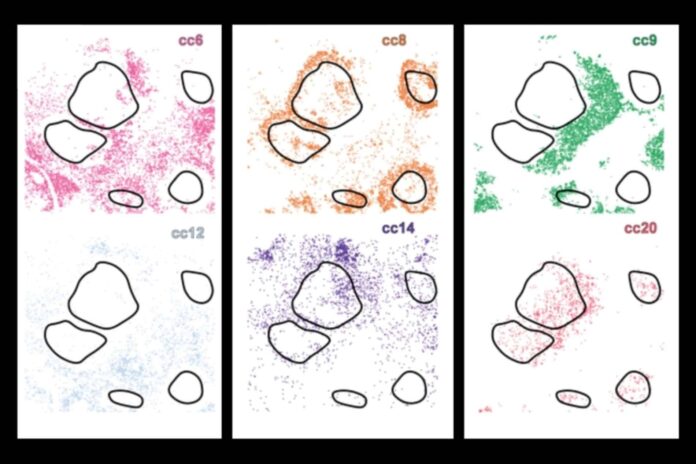Scientists have traditionally studied cancer in a limited, 2D fashion, akin to judging a city by drone photos. However, the revolutionary deep-learning tool, CellLENS, changes this paradigm by providing comprehensive insights into cancer cells. Developed by a collaborative team from MIT, Harvard, Yale, Stanford, and the University of Pennsylvania, CellLENS (Cell Local Environment and Neighborhood Scan) integrates molecular gene expression, cellular location within tumors, and microscopic appearance to create a detailed 3D atlas of tumors. This innovative approach distinguishes cells based on behavior and biology rather than mere appearance, enhancing understanding of immune cell roles in cancer. By employing advanced AI techniques, including convolutional and graph neural networks, CellLENS accurately maps cellular interactions and spatial strategies, which is vital for effective cancer treatments. This tool has potential applications in various cancers, significantly aiding in the development of improved therapeutic interventions. Researchers emphasize its importance in bringing clarity to cellular dynamics and improving patient outcomes.
Source link

Share
Read more